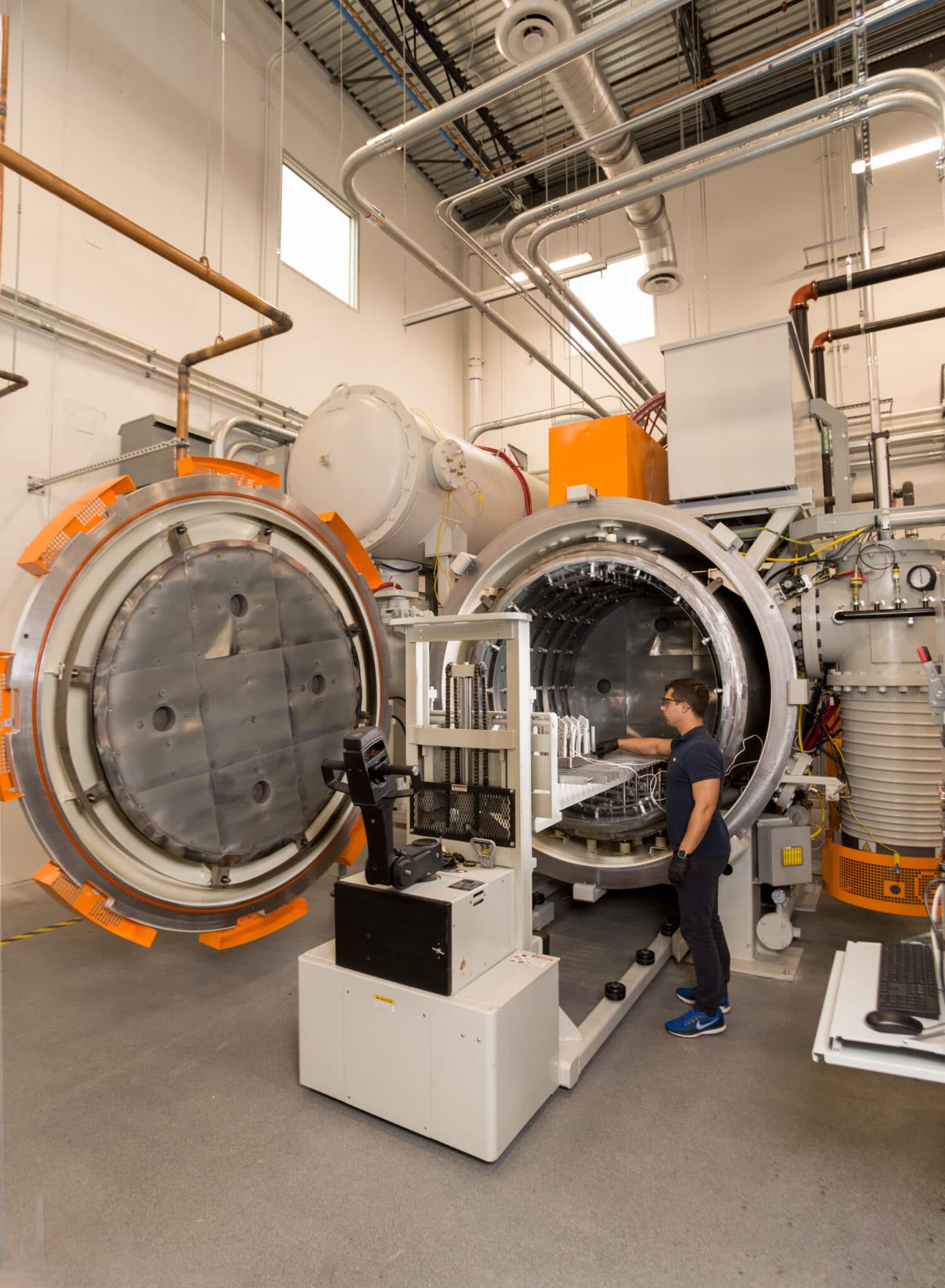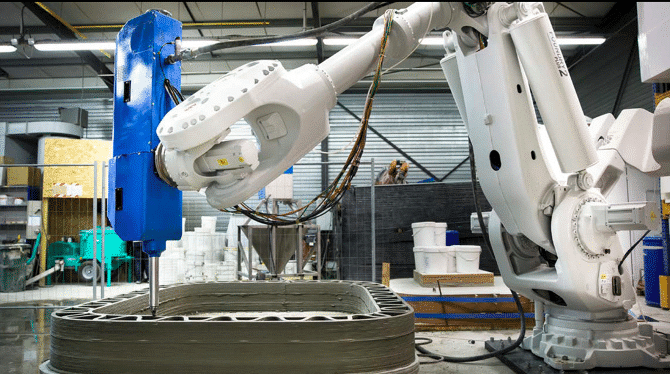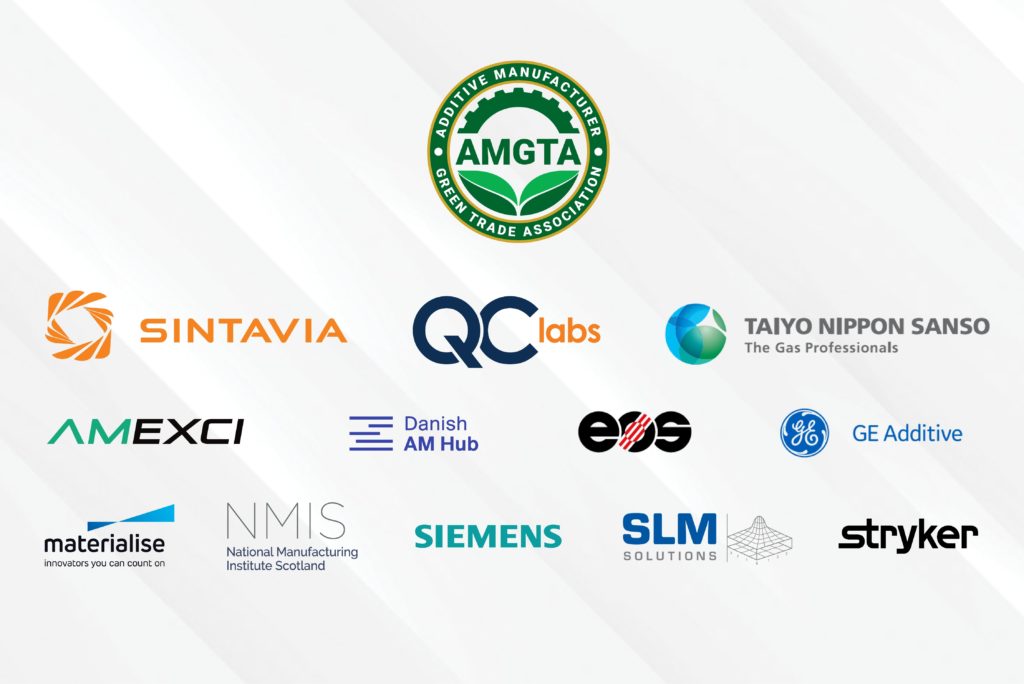Ensuring environmentally friendly manufacturing is ideal for reducing costs and waste, supporting cleaner and greener technologies, and reducing the negative impact of production on society and the environment. Over the past decade, additive manufacturing (AM) has been developing rapidly and has shown great potential to reduce the need for energy and resource-intensive manufacturing processes. By disrupting the total supply chain and realizing a circular economy, AM can reduce material waste and can naturally become an excellent substitute for traditional manufacturing methods such as injection molding and die casting. The rapid design iteration and feedback cycle of 3D printing technology have even proved to be an ideal and sustainable solution for the complex global and sustained health pandemic caused by the COVID-19 virus in 2020.
In order to improve the environmental benefits of AM relative to traditional manufacturing methods, Sintavia, a leading independent metal AM supplier, established an additive manufacturer trading group in November 2019. Since then, the Green Trade Association of Additive Manufacturers (AMGTA) has attracted widespread attention and encouraged environmental behavior. The organization has now announced that new additive manufacturing companies have joined the organization to improve the sustainability of the technology. The newly added organization expands membership to 12 companies from eight countries, all of which are committed to promoting the sustainability of the industry.
Joining Sintavia as co-founders are the Taiyo Nippon Sanso Corporation, a supplier of stable industrial gases to a wide variety of global industries headquartered in Tokyo, Japan, and QC Laboratories, a subsidiary of Sintavia and an industrial and commercial non-destructive testing laboratory focused on AM components. These co-founders will determine the strategic direction of AMGTA, provide governance oversight, and consider future research projects that members can vote to the commission.

In addition, nine asset management manufacturers will become participating member companies and contribute their expertise to develop best practices for asset management and help other organization members develop their businesses and acquire new customers. The Industrial Additive Manufacturing Excellence Award (AMEXCI) from Karlskoga, Sweden, will become the accelerator used in additive manufacturing in the Nordic industry and will become part of the AMGTA series. The national convergence point of the Danish AM AM ecosystem and the Danish AM hub promote the use of 3D printing technology to enhance the competitiveness of the Danish business community.
EOS, the world’s leading technology supplier for 3D printing in the metal and polymer industries, has also joined. Therefore, this time GE Additive, a global leader in additive design and manufacturing, is a pioneering process with a pioneering process that changes business capabilities and potential. With 30 years of 3D printing experience, Materialize, a software solution and 3D printing service provider, will provide a wealth of expertise on an open and flexible platform, enabling industry participants to build innovative 3D printing applications.

Other companies involved include Siemens Digital Industrial Software, which uses its Xcelerator digital enterprise product portfolio to drive design, engineering and manufacturing transformations. Germany’s leading industrial metal 3D printer SLM Solutions provider, focusing on metal additive manufacturing and multi-laser technology, Stryker is a leading medical technology company, providing innovative products and services in the fields of orthopedics, medical and surgery, neurotechnology and spine. Finally, AMGTA will join the National Manufacturing Institute of Scotland (NMIS), a group of industry-led manufacturing research and development institutions that aim to transform skills, productivity and innovation capabilities, thereby making the country a global leader in advanced manufacturing.
“I’m delighted to welcome each of these esteemed founding members and participating member companies to the AMGTA,” said Sherry Handel, AMGTA’s Executive Director. “Their commitment not only to support the mission of our new trade group, but also their passion for sustainability, well positions the AMGTA to serve as a key industry resource in advancing sustainability in the additive manufacturing industry. I am looking forward to working with each of our member companies as we embark on this exciting and important journey together.”
Handel previously expressed his enthusiasm for AMGTA’s commitment to promoting AM’s inherent positive environmental benefits in key industries and the general public at the 3D Printed Women (Wi3DP) Virtual Sustainability Expert Group meeting held in September 2020. At that time, experts said that the company could help conduct independent research in the AMGTA space and provide reliable data and indicators. For Handel, existing research cannot provide good enough data indicators, so AMGTA has commissioned academic research to quantify and provide data and metrics needed to produce specific parts through traditional and additive manufacturing processes through life cycle assessment (LCA). Ultimately, this will help the industry better understand the ecological footprint and reveal some areas that will make it more sustainable in the future.
Handel believes that the waste generated by the extraction and processing of billions of tons of raw materials has caused huge losses to our planet and our health. He also proposed a huge opportunity to improve the manufacturing process and create real Circular Economy. Handel said that everyone will become a reality. This is why AMGTA has taken the first step in this direction, moving towards a more sustainable production life cycle, promoting the environmental benefits of additive manufacturing in the final market and the general public.


